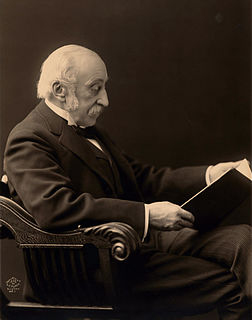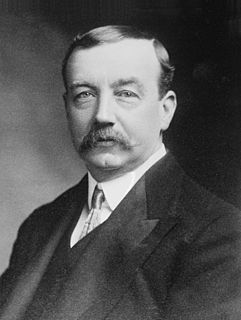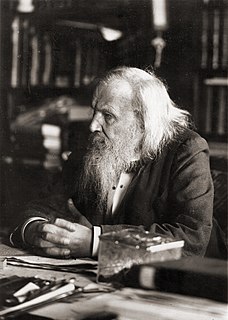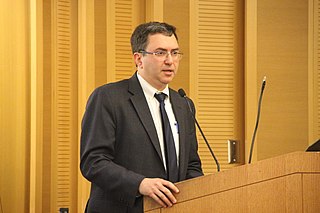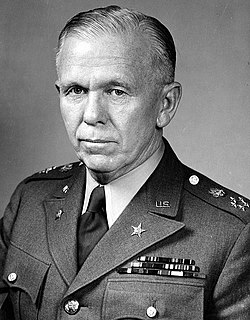A Quote by Franklin D. Roosevelt
A point has been reached where the peoples of the Americas must take cognizance of growing ill-will, of marked trends toward aggression, of increasing armaments, of shortening tempers--a situation which has in it many of the elements that lead to the tragedy of general war.... Peace is threatened by those who seek selfish power.
Related Quotes
The peoples of many countries are being taxed to the point of poverty and starvation in order to enable Governments to engage in a mad race in armament which, if permitted to continue, may well result in war. This grave menace to the peace of the world is due in no small measure to the uncontrolled activities of the manufacturers and merchants of engines of destruction, and it it must be met by the concerted actions of the peoples of all Nations.
There never was a good war," said Franklin. "There have indeed been many wars in which a good man must take part, and take part with grave gladness to die if need be, a willing sacrifice, thankful to give life for what is dearer than life, and happy that even by death in war he is serving the cause of peace. But if a war be undertaken for the most righteous end, before the resources of peace have been tried and proved vain to secure it, that war has no defense, it is a national crime.
To have peace and not war, the drift toward a war economy, as facilitated by the moves and the demands of the sophisticated conservatives, must be stopped; to have peace without slump, the tactics and policies of the practical right must be overcome. The political and economic power of both must be broken. The power of these giants of main drift is both economically and politically anchored; both unions and an independent labor party are needed to struggle effective.
Obscenity is a moral concept in the verbal arsenal of the Establishment, which abuses the term by applying it, not to expressions of its own morality but to those of another. Pbscene is not the picture of a naked woman who exposes her pubic hair but that of a fully clad general who exposes his medals rewarded in a war of aggression; obscene is not the ritual of the Hippies but the declaration of a high dignitary of the Church that war is necessary for peace.
We must walk according to the highest light we have, encountering lovingly those who are out of harmony, and trying to inspire them toward a better way. Whenever you bring harmony into any unpeaceful situation, you contribute to the cause of peace. When you do something for world peace, peace among groups, peace among individuals, or your own inner peace, you improve the total peace picture.
Our policy is to give all possible material aid to the nations that still resist aggression across the Atlantic and Pacific Oceans. And we make it abundantly clear that we intend to commit none of the fatal errors of appeasement. We have the thought that in this nation of many states we have found the way in which men of many racial origins may live together in peace. If the human race as a whole is to survive, the world must find a way by which men and nations may live together in peace. We cannot accept the doctrine that war must be forever a part of man's destiny.
Our object now, as then, is to vindicate the principles of peace and justice in the life of the world as against selfish and autocratic power, and to set up among the really free and self-governed peoples of the world such a concert of purpose and of action as will henceforth insure the observance of those principles.
Those who seek absolute power, even though they seek it to do what they regard as good, are simply demanding the right to enforce their own version of heaven on earth. And let me remind you, they are the very ones who always create the most hellish tyrannies. Absolute power does corrupt, and those who seek it must be suspect and must be opposed.
It is accordance with our determination to refrain from aggression and build up a sentiment and practice among nations more favorable to peace, that we ratified a treaty for the limitation of naval armaments made in 1921, earnestly sought for a further extension of this principle in 1927, and have secured the consent of fourteen important nations to the negotiation of a treaty condemning recourse to war, renouncing it is an instrument of national policy, and pledging each other to seek no solution of their disagreements except by pacific means.
We have known the bitterness of defeat and the exultation of triumph, and from both we have learned there can be no turning back. We must go forward to preserve in peace what we won in war. A new era is upon us. Even the lesson of victory itself brings with it profound concern, both for our future security and the survival of civilization. The destructiveness of the war potential, through progressive advances in scientific discovery, has in fact now reached a point which revises the traditional concepts of war.
I am certain that a solution of the general problem of peace must rest on broad and basic understanding on the part of its peoples. Great single endeavors like a League of Nations, a United Nations, and undertakings of that character, are of great importance and in fact absolutely necessary, but they must be treated as steps toward the desired end.

